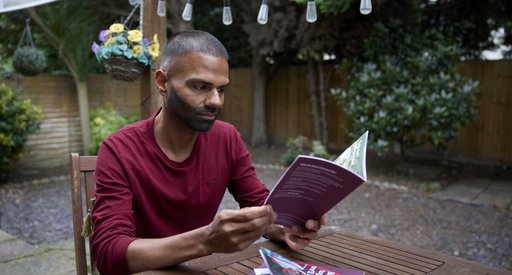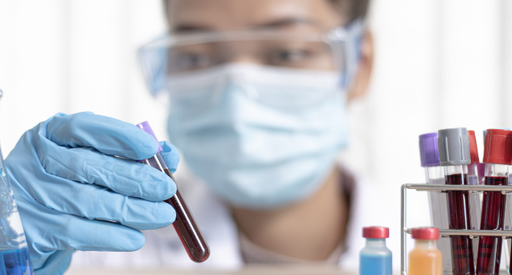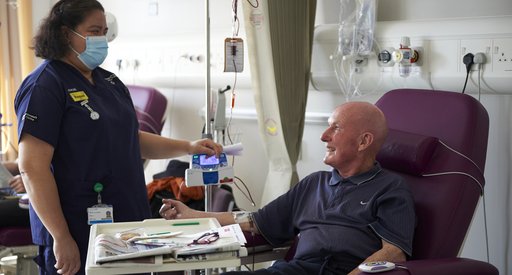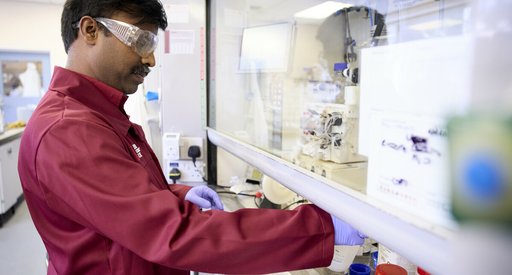Acute lymphoblastic leukaemia (ALL)
Acute lymphoblastic leukaemia (ALL) is a fast-developing blood cancer that affects blood cells called lymphoid blasts. It is usually treated with chemotherapy.
Treatment for ALL is different for older and younger adults. The information in this section is for people aged over 29 years. If you are 29 or under, read our information about treatment for childhood acute lymphoblastic leukaemia.

What is ALL?
ALL is a fast-developing type of blood cancer that affects cells called lymphoid blasts or lymphoblasts.
ALL explained

Finding out you have ALL
It's never easy to hear the word cancer, but we can support you. If you have just been diagnosed, sign up to our weekly support email.
Sign up now

Prognosis for ALL
Your prognosis (what may happen in the future) depends on things like age, fitness, and the type of ALL you have.
Find out more

ALL symptoms
People with ALL can experience a range of symptoms, including extreme tiredness, bruising or bleeding, weight loss and frequent infections.
Know the symptoms

Tests for ALL
To diagnose ALL, doctors will run tests on samples of your blood or bone marrow. Sometimes, you may need an X-ray or other scan.
Tests you may need

ALL treatment
ALL develops quickly, so fast diagnosis and treatment are important. Treatment for adults over 29 is different from treatment for younger adults and children.
Treatment if you're over 29

Living well with ALL
When you're ready, read our information about living well with and after blood cancer, including stories from people who've been through it themselves.
Guidance on living well

Our leukaemia research
Filter by "acute lymphoblastic leukaemia (ALL)" for news of our research to understand ALL, and find better, kinder treatments for this type of leukaemia.
Find out more
Thank you to Consultant Haematologists Professor Adele Fielding and Dr Clare Rowntree for checking the clinical accuracy of our ALL information.
